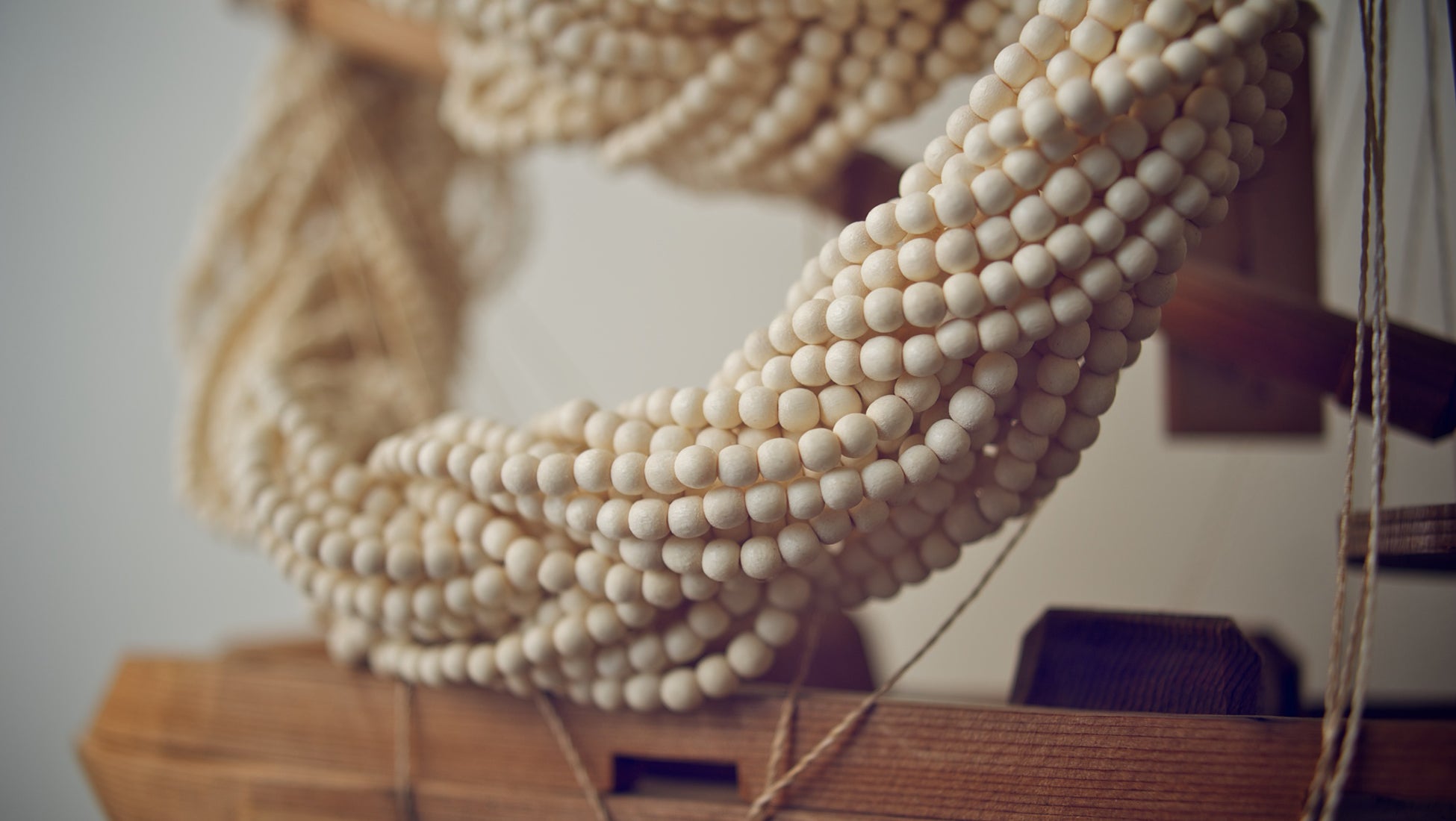 15.06.2015 | What is sustainability, really? The problem was that I understood sustainability only at face value, until I made it a priority to truly evaluate its worth. Part of sustainability involves the cutting down of waste. On a broader spectrum, it is about the ecological balance — the endurance and vitality of systems and processes.
15.06.2015 | What is sustainability, really? The problem was that I understood sustainability only at face value, until I made it a priority to truly evaluate its worth. Part of sustainability involves the cutting down of waste. On a broader spectrum, it is about the ecological balance — the endurance and vitality of systems and processes.
Sustainability is based on a simple principle: Everything that we need for our survival and well-being depends, directly or indirectly, on our natural environment. Sustainability creates and maintains the conditions under which humans and nature can exist in productive harmony, that permit fulfilling the social, economic and other requirements of present and future generations. Sustainability is important to making sure that we have and will continue to have, the water, materials, and resources to protect human health and our environment. (Reference from www.epa.gov)
Fashion could be responsible if I chose to make it such. I asked myself: If what I do isn't about fashion and isn't fashionable, then isn’t it really about the choices I make for myself, and the business I choose to take on? The heart of WoonHung really lies in the skill of the craftspeople and their ability to provide for their families, and I care very much about sustaining their lives. Could I create business practises that are sustainable?

In Cebu, this community of makers is made up of an intricate ecosystem. They have a framework with processes, organisation and a hierarchy based on their skill sets. In spite of little or no modern technology, and without much resource, they managed to create an organized structure carefully built around this community. It might seem messy on the outside, but it is very logical on the inside. It is both flexible and sustainable, and this made me reflect on my own business structure. Even if I lack proper resources, nothing should stop me from creating a sustainable ecosystem. If my makers' in Cebu and their community can do it, so can I.
I have grumbled many times when I encounter a design that is redundant and pointless, and this always leads me to question what I am doing. Why would anyone want another necklace or bracelet? Why do I spend so much of my time creating something that's already in abundance? When I first started out in Japan, I thought: Japan certainly doesn't need another designer. Without me, Japan will always exist as a creative haven for designers from all walks of life. They're not short of them. It is all still exceedingly daunting when I think about it. But I’ve decided that what I am doing is not simply filling the shoes of a designer — I'm going to try to revive a lost craft, a forgotten industry and a people who work very hard keeping it alive. I am going to try to push my limits, until I reach a final product that is ethical, practical and beautiful. I’m going to try and bring to people’s attention better alternatives to fast fashion, changing trends and blatant consumption. I believe in nurturing people and I believe at the heart of every business are people who work to make a decent living. I believe in giving back, and reaching those who are left behind, and pulling them along as best as I can. We're in this together.
WoonHung is an advocate of renewable materials, a supporter of sustainability, the running of cottage industries and the continuation of its traditional crafts. When you choose WoonHung, you choose to support a community of skilled craftsmen. Many hands, and many lives are involved and affected by the decisions we make. It is not only about sustainability in terms of the use of materials, but also, the sustainability of livelihoods. I look forward to continually discovering greater ways of approaching this ideal, and I hope to see the skills of these craftspeople that have supported their families for decades passed on to the next generation.
-WoonHung

